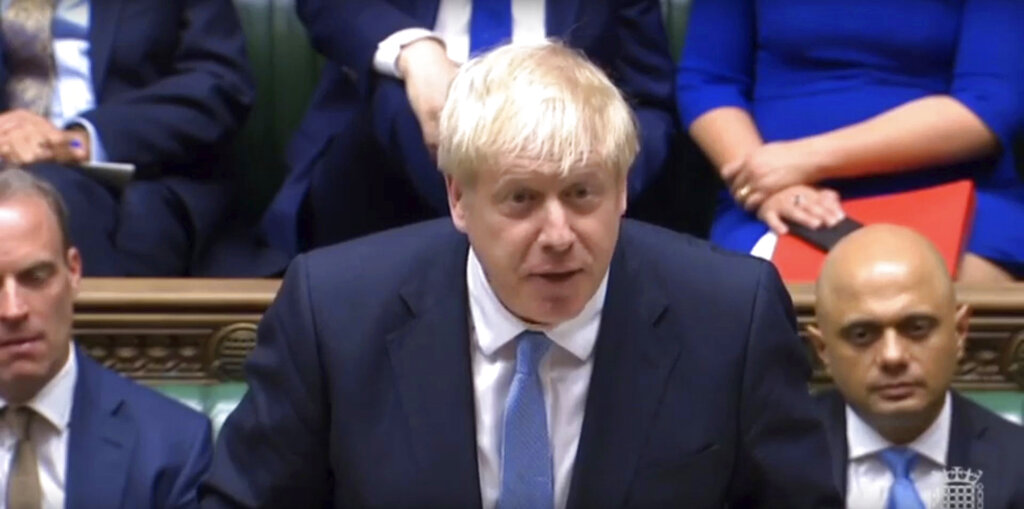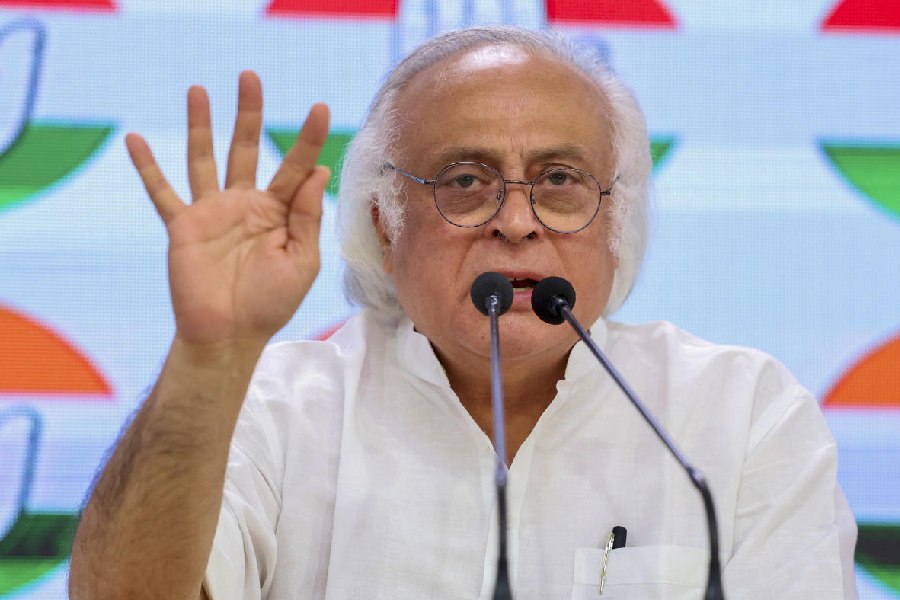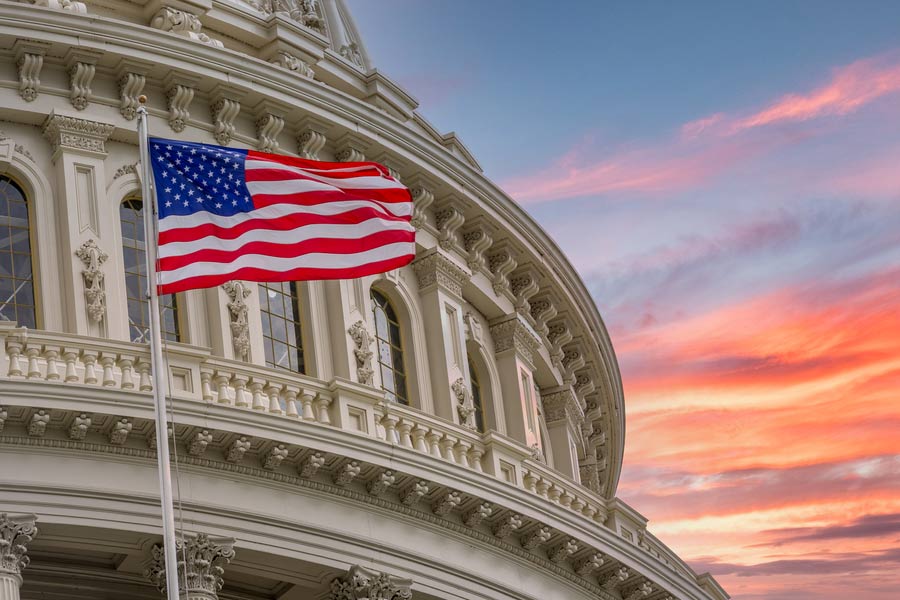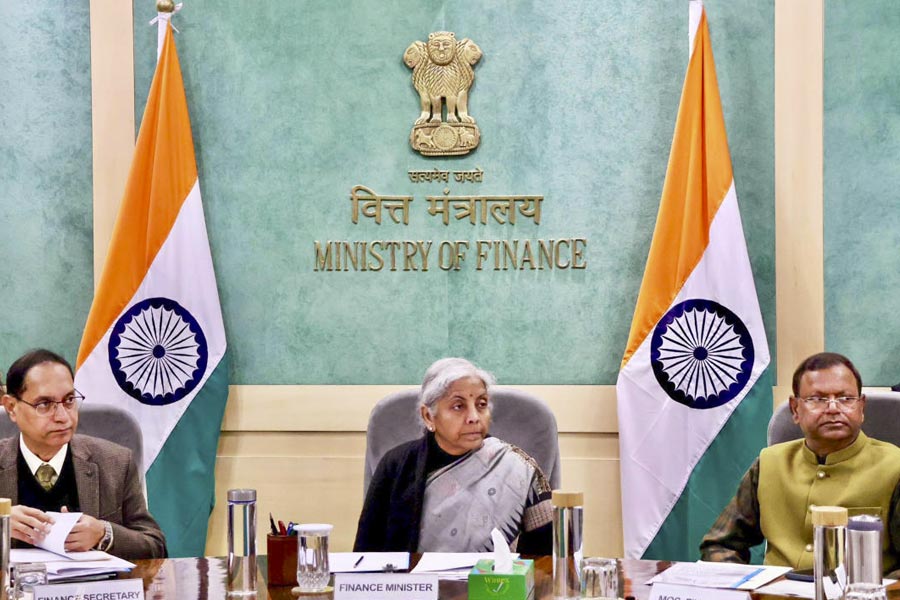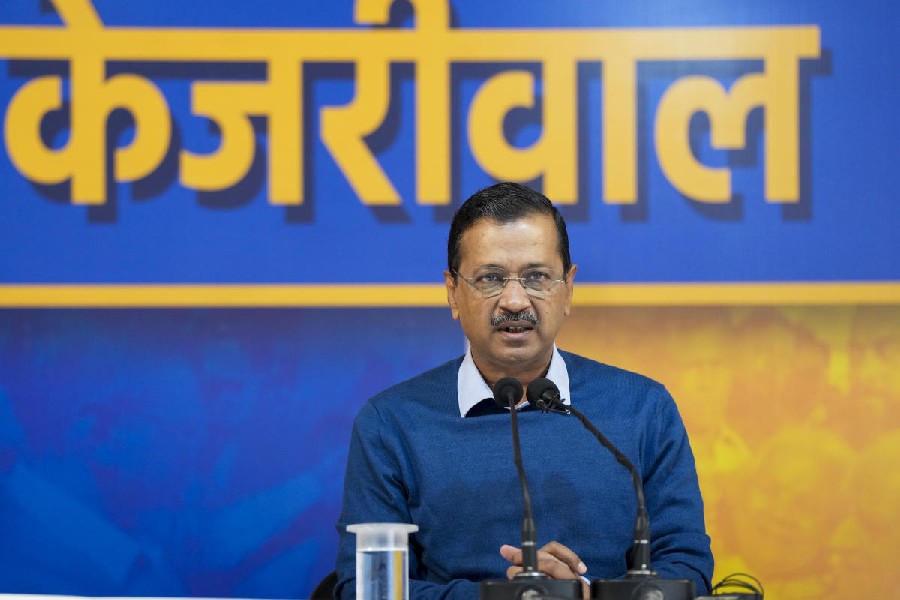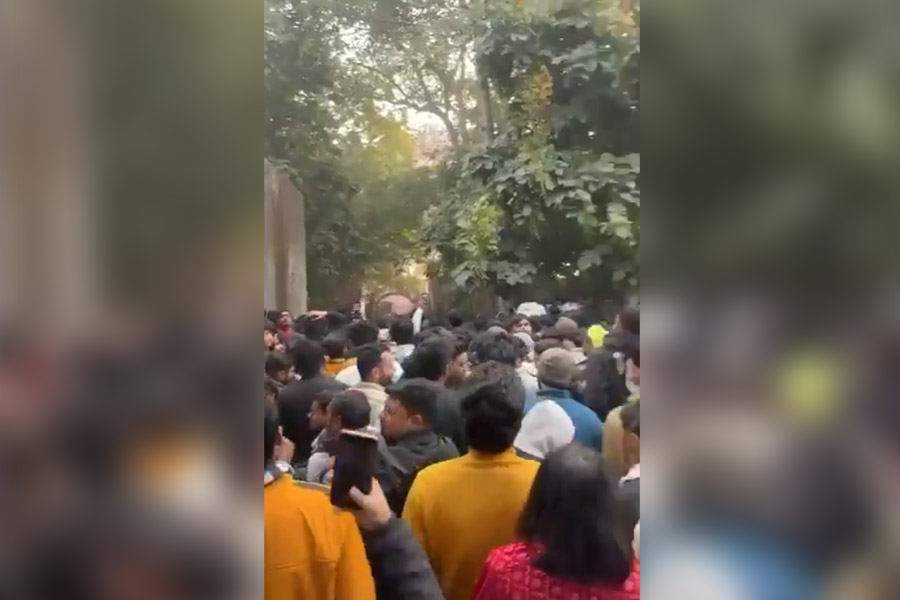Boris Johnson, who looks set to try and force a snap general election after being humiliated in the Commons on Tuesday night by 328 votes to 301, has expelled 21 “rebel” Tory MPs from primary membership of the Conservative Party for supporting a motion tabled by Jeremy Corbyn’s Opposition Labour Party.
Even the loyal Daily Telegraph described the expulsion of the MPs, among them Winston Churchill’s grandson, Sir Nicholas Soames, 71 — his mother Mary was the wartime leader’s daughter — as “one of the biggest parliamentary bloodbaths in history”.
Boris has warned that if he is defeated a second time in the Commons on Wednesday on a more substantive motion that would push back the UK’s departure date from the EU from October 31, 2019, to January 31, 2020, he would have no option but to call a general election on October 15.
After suffering the first defeat of his premiership on Tuesday, Boris laid out his election strategy: “I don’t want an election but if MPs vote tomorrow to stop the negotiations and to compel another pointless delay of Brexit, potentially for years, then that will be the only way to resolve this.”
But under the 2010 Fixed Term Parliamentary Act, which was brought in to lend stability to politics, Boris will need a two-thirds majority in the Commons — that is, the backing of 424 MPs — before he can call an election. This Boris might struggle to pull off.
Although Corbyn has been demanding an early election for two years, he has now been persuaded not to allow Boris to dictate the timing of the poll and that the decision should be deferred until a Brexit Bill has been passed by parliament.
There was some encouraging news for Boris on Wednesday when a senior judge in Scotland ruled it had not been illegal for the Prime Minister to prorogue parliament. This is in some ways a little like a court in India telling Indira Gandhi it was not technically illegal for her to impose a state of emergency.
There is, however, a difference in the way that the law is being interpreted and how it is viewed by a large section of British society. It seems to have enabled Corbyn, not a popular leader at the best of times, to claim the moral high ground.
In his judgment in Edinburgh, which is subject to appeal, Lord Doherty basically said the decision to suspend Parliament was essentially a political one in which the courts could not get involved.
To add insult to injury, he awarded costs against the 75 MPs and peers who had brought the legal action against Boris.
The judge’s reasoning does, however, have important implications for what is permissible and what isn’t in a parliamentary democracy such as Britain’s — or India’s for that matter.
Lord Doherty ruled: “This is political territory and decision-making, which cannot be measured by legal standards, but only by political judgments. Accountability for the advice is to Parliament and, ultimately, the electorate, and not to the courts.
“I do not accept the submission that the prorogation contravenes the rule of law and the claim is justiciable because of that. In my opinion, there has been no contravention of the rule of law.
“The power to prorogue is a prerogative power and the Prime Minister had the vires (powers) to advise the sovereign as to its exercise.”
Boris’s decision to prorogue parliament by an extra five weeks is also being challenged in Belfast and in the High Court in London, where one of the litigants is the former Tory Prime Minister Sir John Major.
The courts may also have to intervene to settle conflicts inside the Conservative Party which is now virtually in a state of civil war. There are those who think Boris was entirely justified in expelling the 21 “traitors” who voted with the opposition on Tuesday and were proposing to do so again on Wednesday – forgetting many now in government, including the Prime Minister himself, had once done exactly the same against Theresa May’s government.
There was a touch of theatre in the Commons on Tuesday when a Tory MP and a former health minister, Philip Lee, crossed the floor just as Boris got up to speak – and took his seat alongside the Lib Dem leader Jo Swinson. His defection was considered a “seismic” moment because it brought down Boris’s overall majority in the Commons from one to zero. In his letter of resignation, Lee spoke of how the Tory party had “increasingly become infected with the twin diseases of populism and English nationalism”.
The 21 MPs, who have had the “Whips withdrawn” – arcane language for expulsion – will now have to sit as independent MPs but also told they will not be allowed to stand as Tory MPs at the next election, thereby ending their political careers.
Soames, a former defence minister, announced he would not stand again: “I have been told by the chief whip… that I have had the whip removed after 37 years as a Conservative MP.”
This provoked the hugely popular Ruth Davidson, who herself recently stood down as leader of the Scottish Conservatives, to tweet: “How, in the name of all that is good and holy, is there no longer room in the Conservative Party for @NSoames? #anofficerandagentleman.”
Also standing down is the “father of the House”, Ken Clarke, who has held several senior cabinet posts in the past, but he is 79.
However, the former chancellor Philip Hammond, said he will give Boris the “fight of a lifetime” if any attempt is made to stop him from standing again as a Tory candidate in Runnymede and Weybridge, where he has been an MP since 1997 and where he has just been defiantly reselected as a candidate.
The courts may have to intervene here, too, because Conservative Campaign Headquarters (CCHQ) believe they retain the authority to have the last word on who can stand for the party at the next election. However, constituency associations have traditionally been autonomous and in past years have resisted attempts to impose Indian origin candidates from above.
At the end of the day, the big question is whether Boris can win an overall majority at the next election, whenever it comes, with his party so divided. The answer is probably no. But will the British electorate vote for Corbyn as Prime Minister? To that the answer is also probably no. Which all means the stalemate is likely to continue and that Brexit – like Kashmir – will remain a problem without a solution for years to come.

